Graham Reid | | 3 min read
TrinityRoots: Home, Land and Sea (live, from Music is Choice)

There was good news for Flight of
the Conchords fans this week: Jemaine Clement confirmed, yet
again, there wouldn't be another series.
Strange as that sounds, some things are
so perfectly formed they are best left alone: Fawlty Towers
and the English version of The Office . . . or the
never-ending Lost and drearily drawn out V?
Great bands deserve an enclosed
lifespan. Those singles Free As a Bird and Real Love
using the late John Lennon's home recordings simply tarnished the
Beatles' reputation. And everywhere groups – often but a blip on
the radar in their time – are reforming to trot out their hits, or
hit.
Some bands last for a short but
perfectly-formed lifespan.
TrinityRoots were like that. Their
music was an infusion of roots reggae, slow funk, trip-hop, expansive
jazz, and Maoritanga in suggestions of chants and waiata.
Given their backgrounds they could
perhaps do nothing else.
Warren Maxwell (Tuhoe) was born in
Auckland and grew up in Whangarei; Rio Hemopo from Taumarunui is “of
Tuwharetoa, Mum's Maori, Dad's Nuiean but got German in his mix,
Mum's English and Scottish ”; and Riki Gooch, “one of the three
Maori people that lived in Dunedin” has “whanau from Mangere
Bridge to Whangaroa and Te Kuiti as well”.
When they independently arrived in Wellington to study jazz they gravitated together, and between 1998 and 2005 they released two groundbreaking New Zealand albums: True of 02 which annnounced heartfelt, spiritual music which could only have come from this place; and Home, Land and Sea two years later which opened with a hymn to Aotearoa and closed with questions -- even more pertinent today -- about the ownership of this land.
These albums, and their perfomances, impressed
themselves in the heart of Aotearoa. Their lyrics spoke of hope, love
and the beauty of their homeland but also – without sentimentality
– a yearning for the way this country could be.
Then they were gone.
Now TrinityRoots are back – but not
in a bad, re-formed way. The two platinum-selling albums have been
reissued with previously unreleased live tracks, along with their earlier Little Things EP, four
tracks which include Little
Things and the remix by
Mu of Fat Freddy's Drop, in new cover art.
Then there is the Music is Choice CD/DVD. The CD brings together eight live recordings strung like a concept album about Aotearoa, the band stretching songs to the 12 and 20 minute mark. The DVD has an impressive, career-spanning 70-minute doco by Sarah Hunter capturing their growth and humour and that rare affection for each other, their music and their audiences. It also has videos of Little Things and Home Land and Sea, film director Chris Graham on the making of that stunning black'n'white clip Little Things with Wi Kuki Kaa, the funny “True bro” promo clip, and footage from their farewell concert.
On every level -- musical and personal
– as all these confirm, theirs was a spiritual journey and
addressed deep things within this country's consciousness.
When they split up I wrote an obituary. It ended, “There is nothing in the contract to say
bands have to last forever, and better a band that opened a door for
others to look through than one which blocked the view by standing
there for too long.”
TrinityRoots opened doors for
themselves – Maxwell into Little Bushmen, Gooch creating the
multi-media performance outfit Eru Dangerspiel, Hemopo into Breaks
Co-op and solo work – but also in people's hearts.
They didn't block the view and --
suggestions in the doco they aren't averse to a reunion, aside --
this look back reminds you what a perfectly-formed lifespan they had.

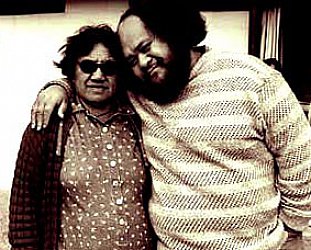

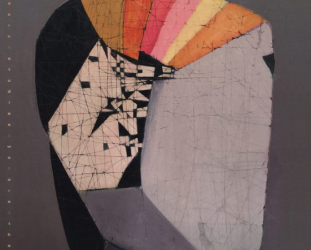
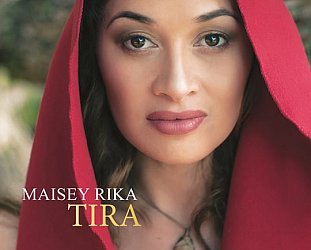
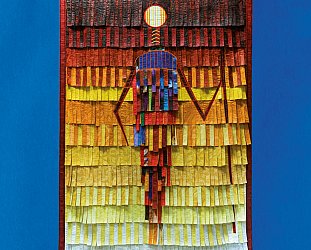
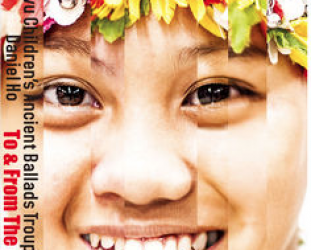
post a comment